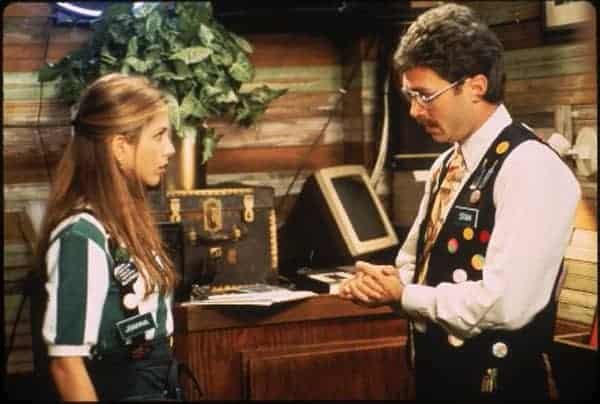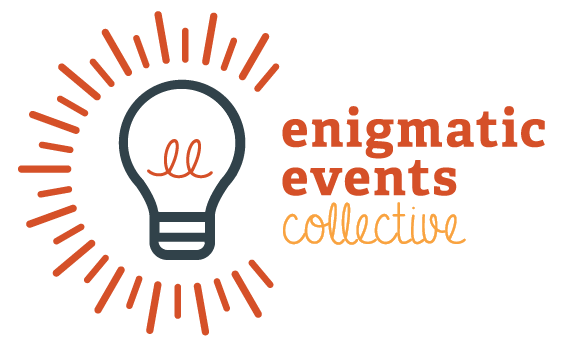The Three Dangers of Gamification
Gamification is dangerous for a team's engagement levels. Creating a game which encompasses part or all of a persons day-to-day tasks would, at first, seem to be a great way to show progress by giving out micro-rewards for meeting various goals. Proponents claim it can also create healthy competition.For customers and users of your tools, that might be exactly what you want. Encouraging people to provide content, answer questions, visit your website or do micro-tasks more often and faster will help you gain more engaged users. Badges and quests can absolutely get people to spend more time interacting with you, be it in a mobile game (see: Farmville, Candy Crush) or serious website (see: Stack Overflow). It can even work with a side project that you need to market internally.But there is three big dangers if you decide to replicate gamification in your office space.
Danger 1: Disengaging those not winning
Within a team setting, competition creates winners and losers. If the person losing the game this week is the person who lost the last five weeks, they are now highlighted as not meeting some arbitrary level of 'great'. Instead of positive encouragement, your gamified work system is now pointing out their drawbacks compared to the top performers. Sure, there could be some who take the incentive to improve, but there will be some who won't. In games, you are allowed to give up, stop playing and walk away (we call it Voluntary Participation). In the real business world, this is not an attitude we want to promote. "So I was sitting in my cubicle today, and I realized, ever since I started working, every single day of my life has been worse than the day before it. So that means that every single day that you see me, that’s on the worst day of my life."
"So I was sitting in my cubicle today, and I realized, ever since I started working, every single day of my life has been worse than the day before it. So that means that every single day that you see me, that’s on the worst day of my life."
Danger 2: Disincentive for collaboration and whole team improvement.
The top performers are probably going to be winning the game-like structure, but now, with the striving to meet the game goals, they have less incentive to bring up others to their level. Now they are concentrating on the game you've built. Unless your company goals and values can be completely wrapped up into a game, you've created an escape from the overall business. I've heard of teams spending more times 'gaming the system' than doing productive work.Setting goals based on the top performers is reminiscent of the flair in Office Space. While the company says that you need to have 17 pieces...if you don't have 30, you are not performing to these new unwritten expectations. Unwritten ones. Unwritten ones, but often not unspoken ones. You know what, Stan. If you want me to wear 37 pieces of flair, like your pretty boy over there, Brian, why don’t you just make the minimum 37 pieces of flair?
You know what, Stan. If you want me to wear 37 pieces of flair, like your pretty boy over there, Brian, why don’t you just make the minimum 37 pieces of flair?
Danger 3: Gamification can be exploitative
If you have played Farmville, or any online role-playing game, you know the temptation to play just a little bit longer, just to reach that next level or to get the next shiny piece of equipment; or to play until you create five lines at once from a sweet cascade. And when you do, you get that little jolt of excitement. And then another set of goals appears. So you spend just a little bit of time on them. And suddenly, time has gone by and you've not done the things you need to do, like doing the laundry, or watering the plants.Gamification and its use of short, micro-rewards can create a pattern of behaviour that isn't always healthy or productive. Instead it is just tasking for the sake of the goal, and not the big picture. If you are three pieces away from getting the 'Awesome Week of Work' award, is staying late at the office for another three hours late good for you? Or is it actually better to go home, relax and come back refreshed and more energized.This is the sort of incentive that is built into slot machines and computer role playing games. The psychological exploitation may be something you want to engineer if you are making your money off people feeding games into slots or paying money to progress in a freemium game. But do you want to create lab rats or build a team of creative, interested and engaged employees working towards you company's goals to their best abilities. Ah, ah, I almost forgot... I'm also going to need you to go ahead and come in on Sunday, too. We, uhhh, lost some people this week and we sorta need to play catch-up. Mmmmmkay? Thaaaaaanks.
Ah, ah, I almost forgot... I'm also going to need you to go ahead and come in on Sunday, too. We, uhhh, lost some people this week and we sorta need to play catch-up. Mmmmmkay? Thaaaaaanks.
Games can still be useful
Games are powerful, as they let us experiment with ideas, fail in a safe manner and escape away from the real world for a short period of time. Trade carefully when you want to bring those games INTO the business world, over a long period, without structure - you'll end up turning the frame of escapism and experimentation into a normal working practice. Your team will become rule bound, concerned with the win condition of the gamification set up. These are probably not the objectives you want to obtain. Try to avoid the dangers of gamification: Not everything is a game.Want to talk more about how serious games can be used to create a stronger team? Want to learn more about gameful practices that help increase employee engagement? Want to get a quick, interactive game for your next team meeting? Contact Chris@EnigmaticEvents.com.


